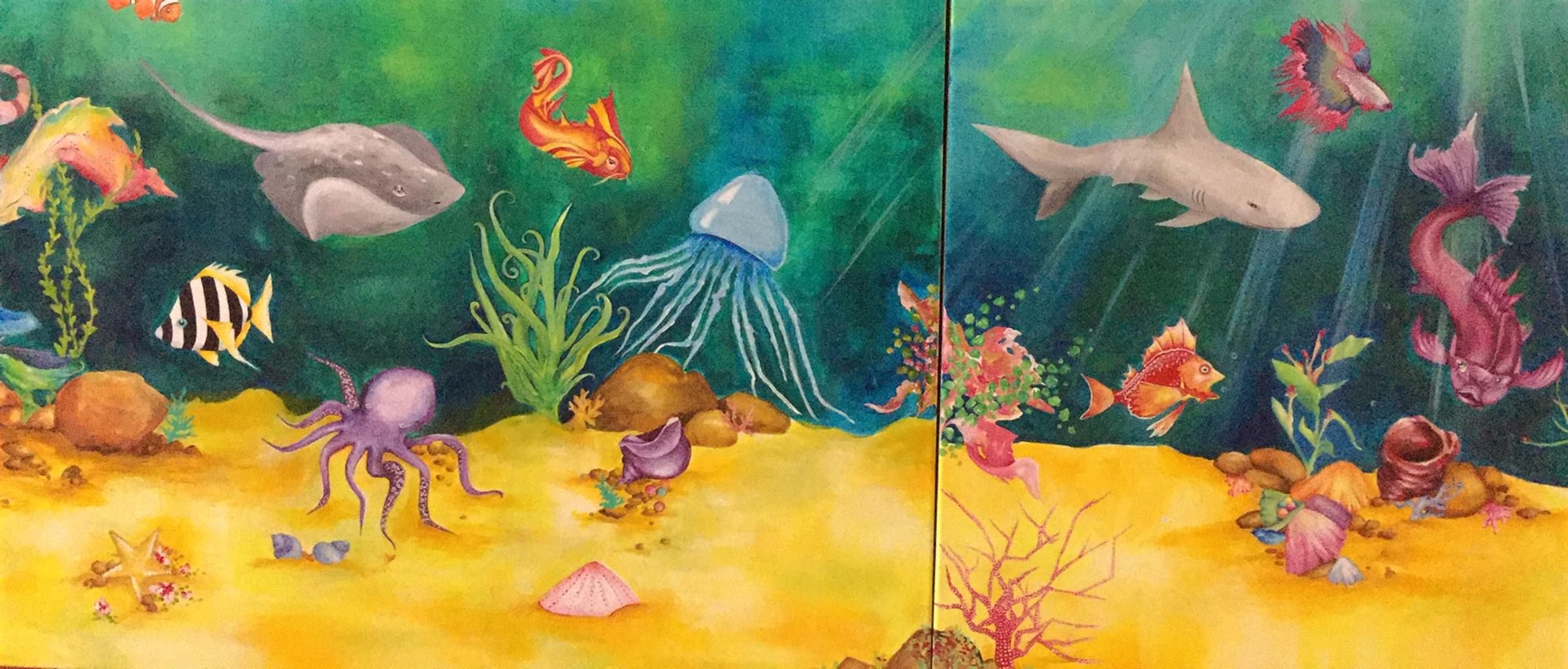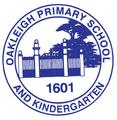From the Principal

2023 Enrolments
It is time again for me to invite our community to enrol for the next year’s Foundation classes. This also applies to families who attend our kindergarten and those who already have siblings at the school. There is a list of scheduled tours on our website. However, if these times do not suit please ring to schedule an alternate time.
An Enrolment Form can be downloaded from our website: oakleighps.vic.edu.au
Completed documents can be posted, hand delivered to the office or emailed to susan.close@education.vic.gov.au.
Mothers' Day Stall
To all the mothers/carers in our school community, I hope that you had a special day on Sunday, celebrating the important role that you play in your child/ren’s lives. Parent once again ran a Mother’s Day Stall last week. The event has been coordinated for the last few years by Greta Trent. Her daughter, Ally, is in Year 6 so this will be her last year. I would like to express my gratitude to her for the workload required to run such an event both before and on the day. Greta, has managed to recruit a replacement to coordinate the event in 2023.
Thanks also to the parent helpers who volunteered to man the stalls and help set up. It is always a wonderful event and I never cease to be touched by the joy your child/ren gain from choosing a ‘special’ gift for you. In today’s cashless society there are few opportunities for child/ren to buy something with money for someone else.
History of Mothers' Day
Although I have posted this article before I think it makes interesting reading.
Mothers’ Day, the time to pay a tribute to that one person who loves you unconditionally, believes in you and is there for you no matter what. In Australia Mother’s Day 2021 occurs on Sunday, 9th May. On this day Australians will spend the day celebrating their mothers and other special women in their lives.
Some mums may be given cards, flowers and gifts, while others may enjoy breakfast in bed or a lunch out. Mother's Day has long been a part of the Australian calendar, but where did the idea to dedicate the second Sunday in May to honouring motherhood come from?
The modern Australian celebration of Mother's Day actually grew out of calls for peace and anti-war campaigns following the American Civil War (1861-65). In 1870, American writer and women's rights activist Julia Ward Howe, best known as the author of the Battle Hymn of the Republic, appealed to women to unite and bring peace throughout the world (later known as the Mother's Day Proclamation). She proposed that a mother's day for peace be commemorated every year in June. It became an official holiday in 1914.
Celebrations of mothers and motherhood can be traced back to the ancient Greeks and Romans, who held festivals in honor of the mother goddesses Rhea and Cybele, but the clearest modern precedent for Mother’s Day is the early Christian festival known as Mothering Sunday. Over time the Mothering Sunday tradition shifted into a more secular holiday, and children would present their mothers with flowers and other tokens of appreciation. This custom eventually faded in popularity before merging with the American Mothers’ Day in the 1930s and 1940s.
NAPLAN
The National Assessment Program – Literacy and Numeracy (NAPLAN) is administered in Years 3, 5, 7 and 9 and measures the performance of educational programs, schools and each student’s literacy and numeracy achievements against benchmarks. NAPLAN is one of many assessment tasks undertaken by schools to measure student’s achievement at a point in time and is also a way to measure the nation’s literacy and numeracy skills. This year students in Year 3 and Year 5 will sit the NAPLAN test from the 10th May and will run over two weeks. For the first time at our school, NAPLAN tests will be completed online, apart from the Year 3 Writing test. Students participated in an online practice test last term.
NAPLAN gives us a picture of several aspects of students’ learning. These include their performance under test conditions, their basic use of punctuation, grammar, spelling ability, numeracy skills, and ability to writing a persuasive or narrative text and answer questions about texts.
NAPLAN can track a student’s growth from one NAPLAN test to the next (Year 3 to Year 5). This data is something we consider important as we aim for all our students to improve over time regardless of their starting point.
NAPLAN can help identify areas of strength and areas for improvement. Used effectively it gives us information to help us improve and provide a differentiated curriculum.
Despite all that NAPLAN can measure, it only tells part of the story of literacy and numeracy achievement. It does not represent student achievements across the year, nor across the breadth of the curriculum which schools use to evaluate their programs. It can be seen as an analysis of their achievement at a point in time.
It does not measure engagement in learning. Engagement in learning is pivotal to long term success. Does your child/ren enjoy reading and writing, do they willingly engage in numeracy tasks and can they use these skills outside a test situation – in real life situations? Do they have a growth mindset?
NAPLAN does not measure a students’ creativity or problem solving skills. Students are asked to respond correctly to questions or problems, rather than give creative responses with high levels of complexity.
Standardised tests like NAPLAN can also be very stressful for students which can impact their results. Not all students perform well under test conditions.
By its nature there are only right and wrong answers. Mistakes are essential if schools are going to encourage original thoughts. Lateral and creative thinking is required to conquer challenges like social justice, environmental issues and global citizenship. Students will need to take risks, understand that problems may have multiple solutions and not always look for one answer or one way of doing things.
Annual Report to the School Community
You will find the 2021 Oakleigh Primary School Annual Report on our school web page. This report summarises the key achievements for the school last year. As much of the year involved remote learning the analysis of our achievements is again different from previous years. The Report will be presented at the Annual School Council Meeting on Wednesday, 18th May. Members of the School Community are able to attend this meeting.
Michele Nolan
Principal
michele.nolan@education.vic.gov.au

